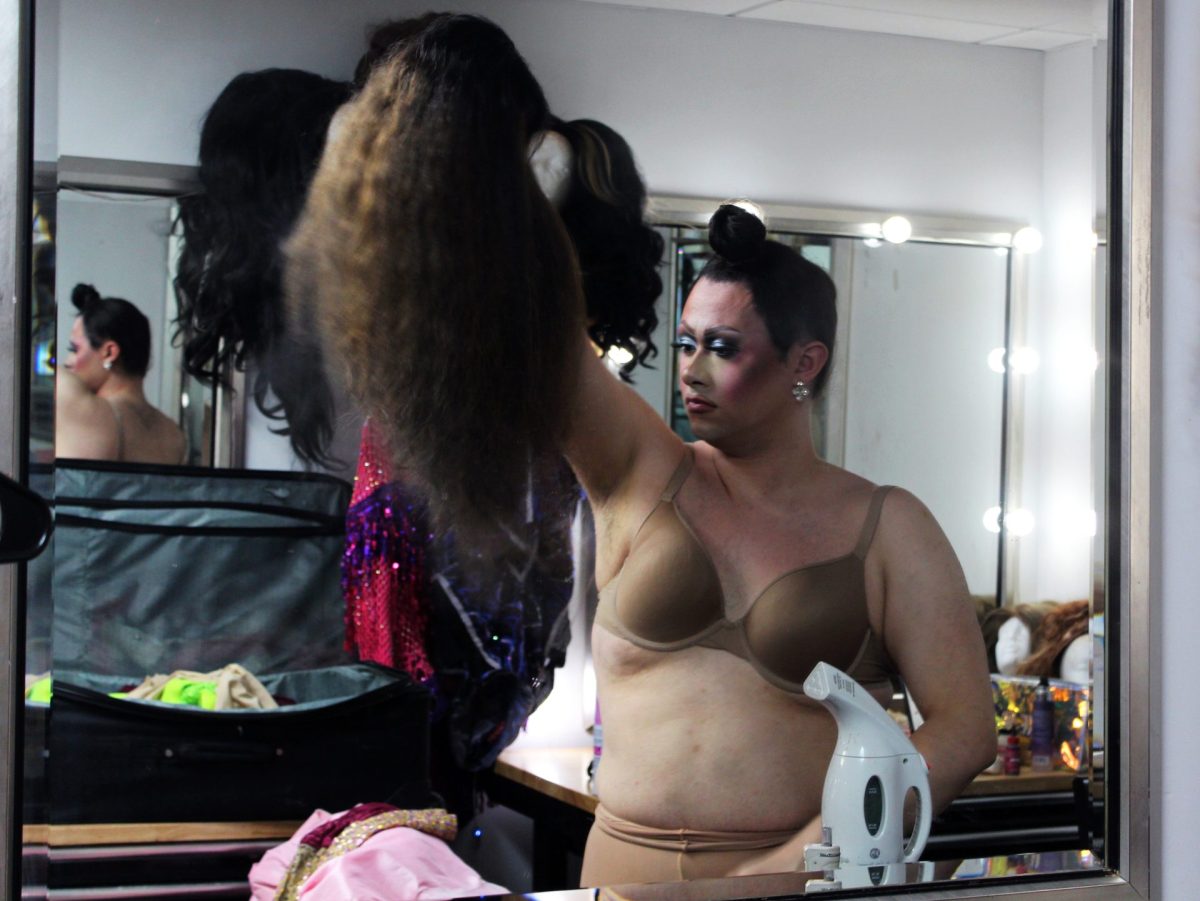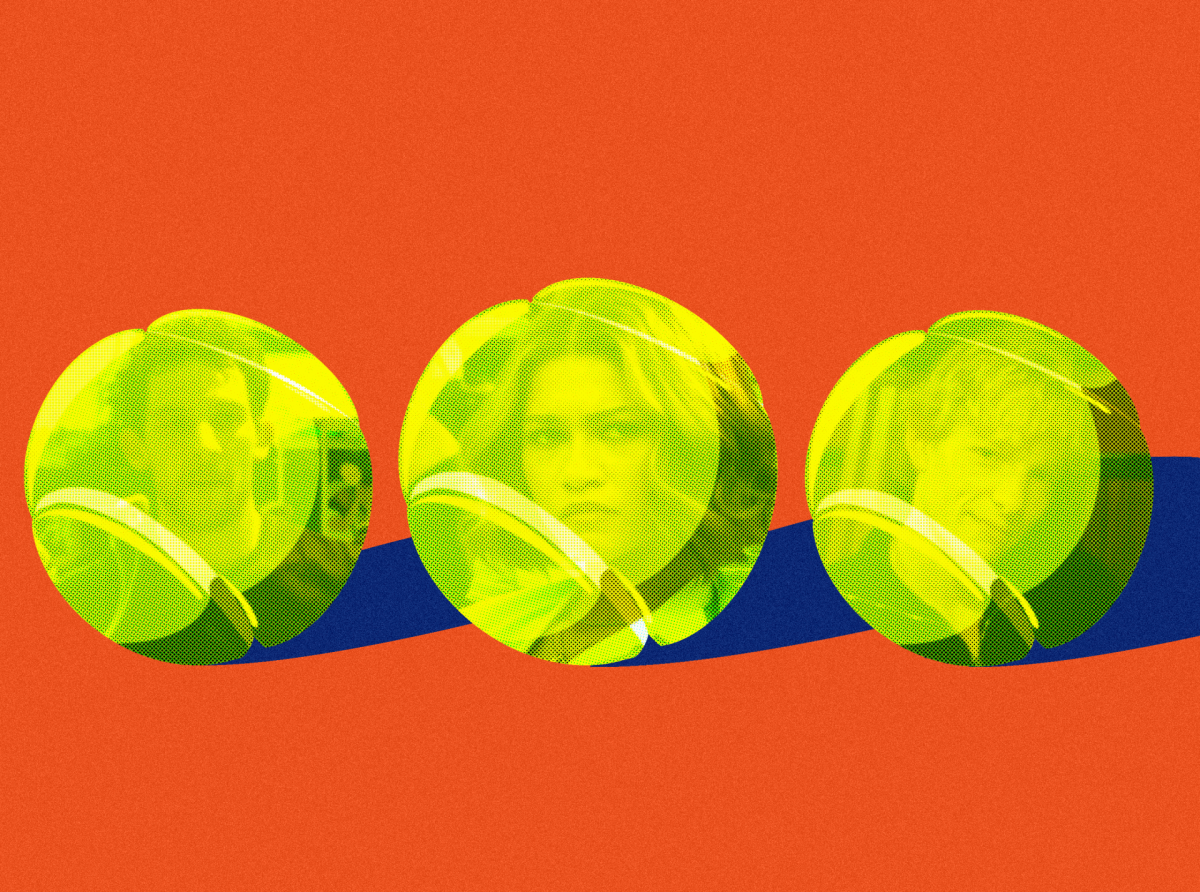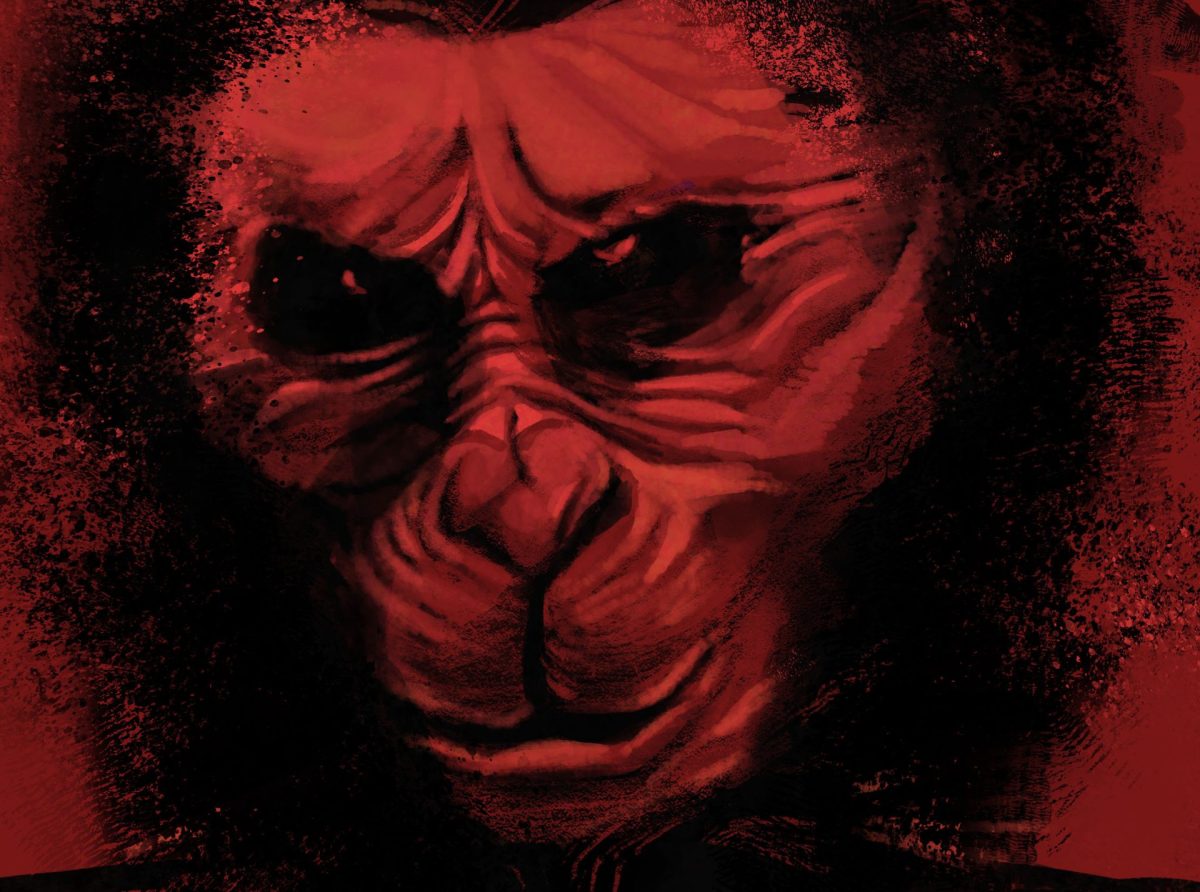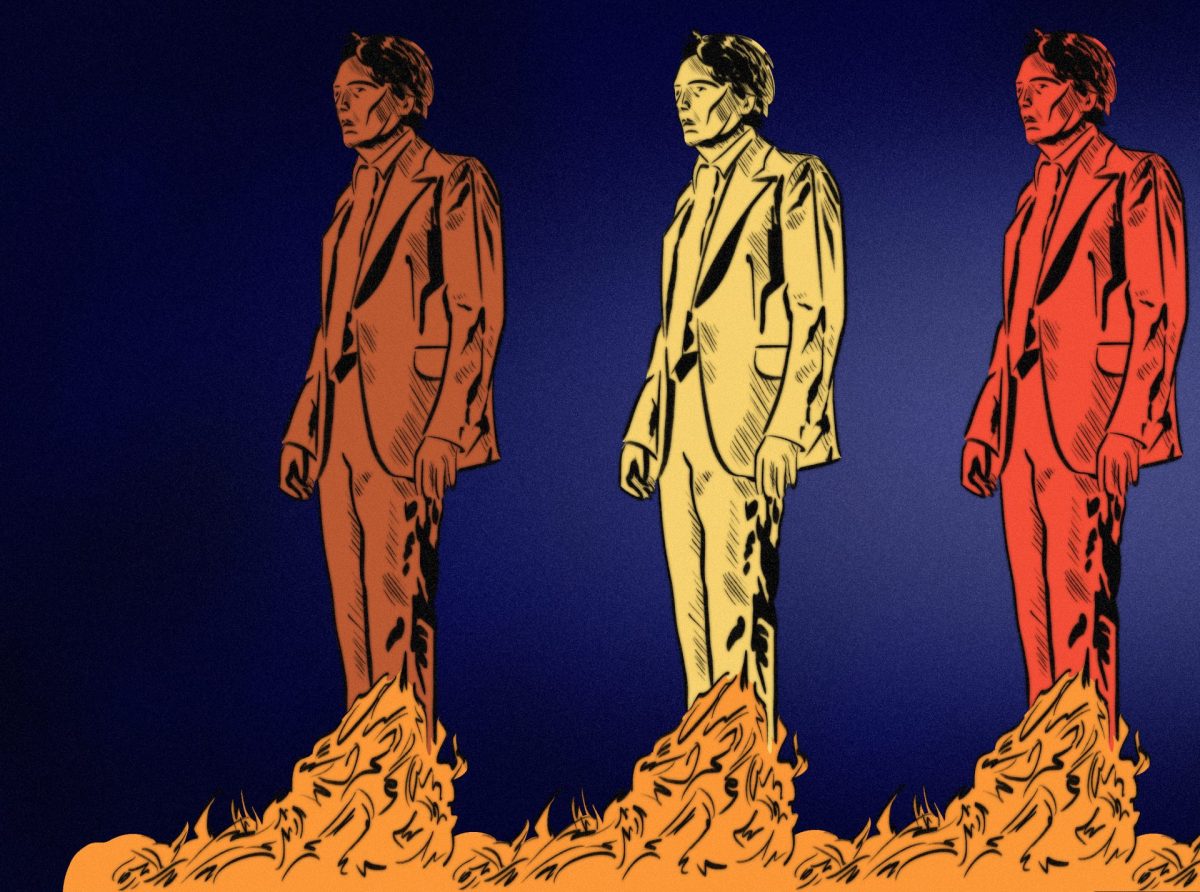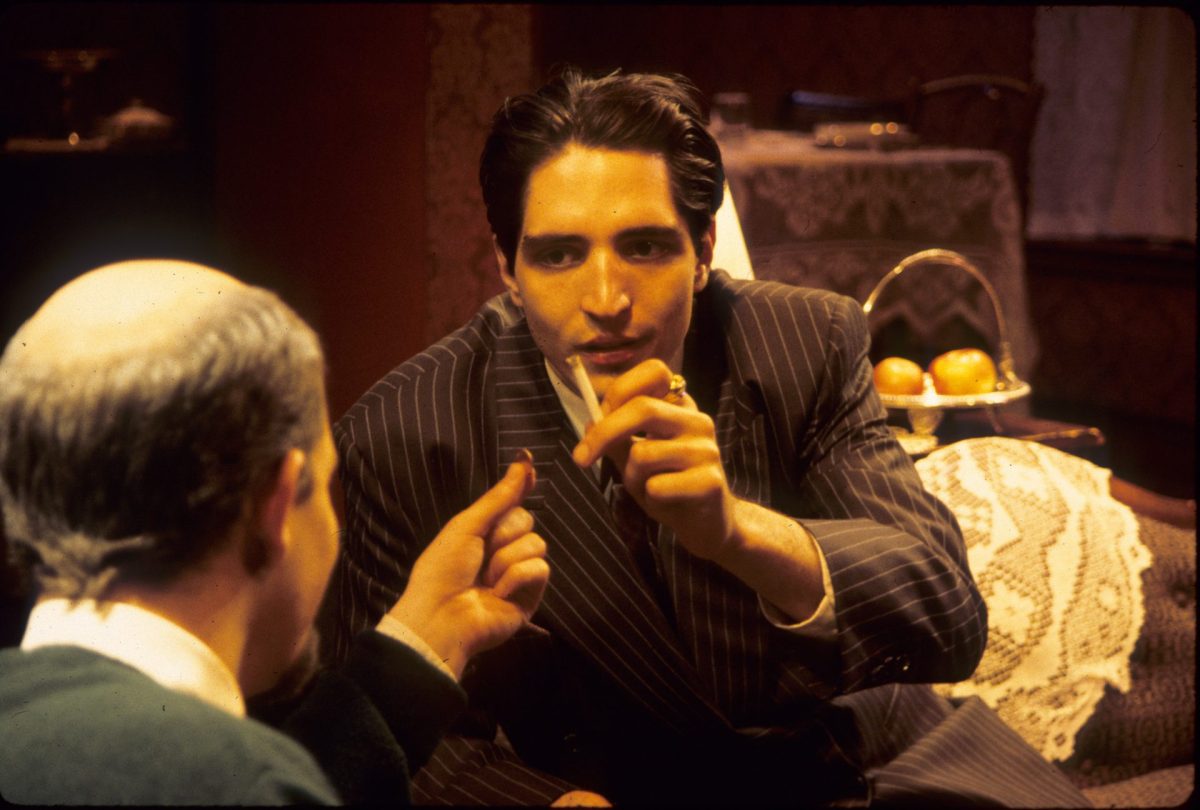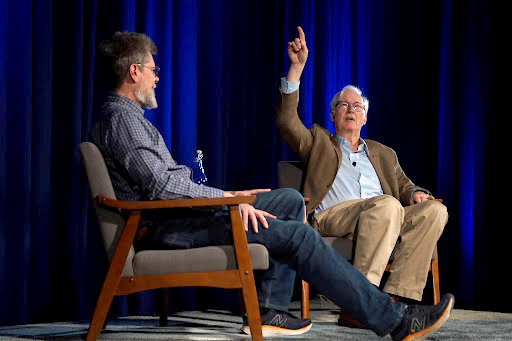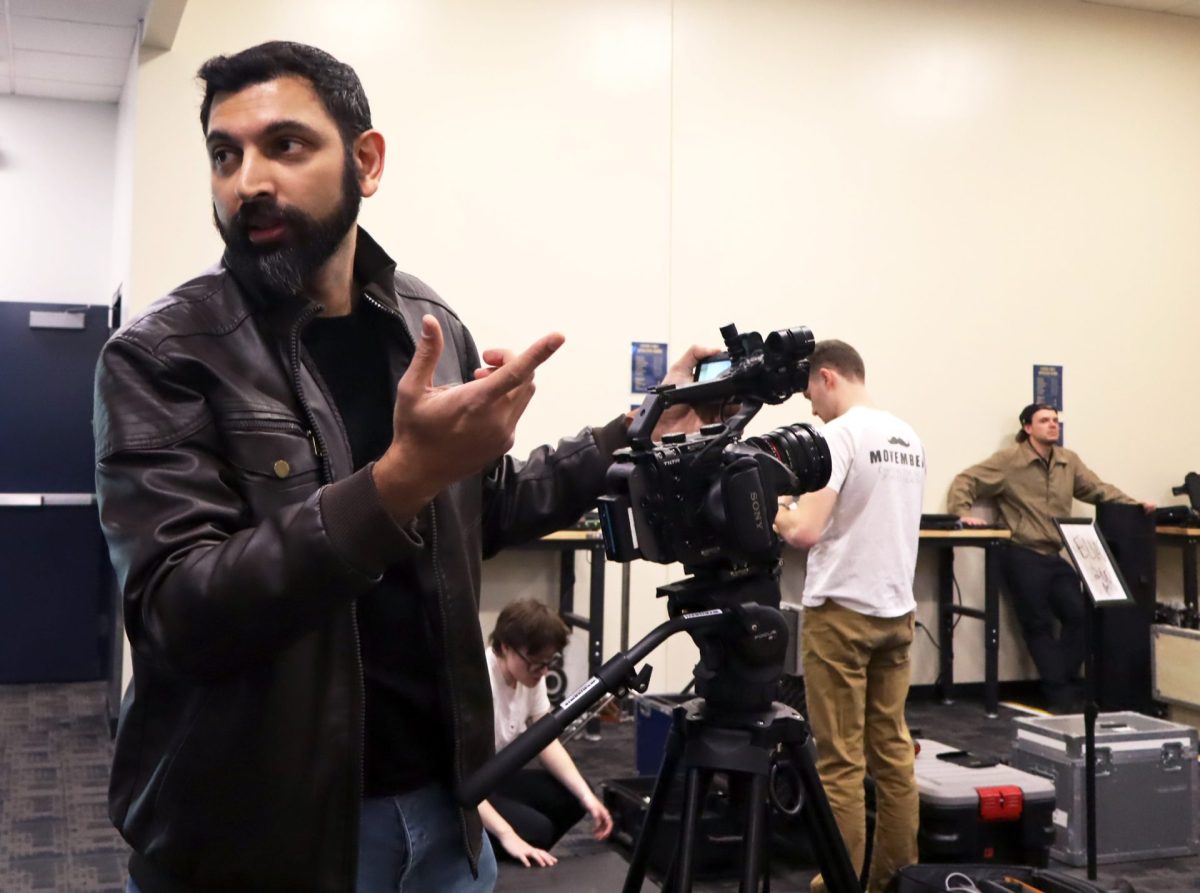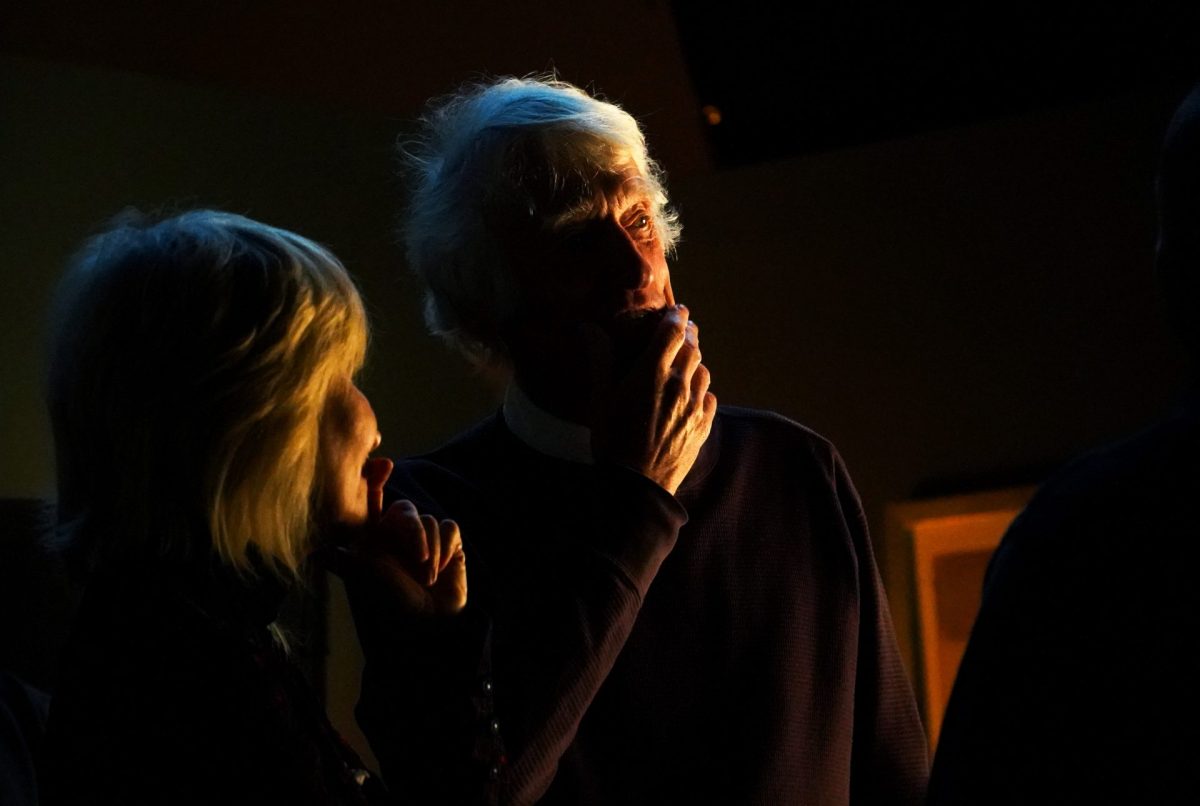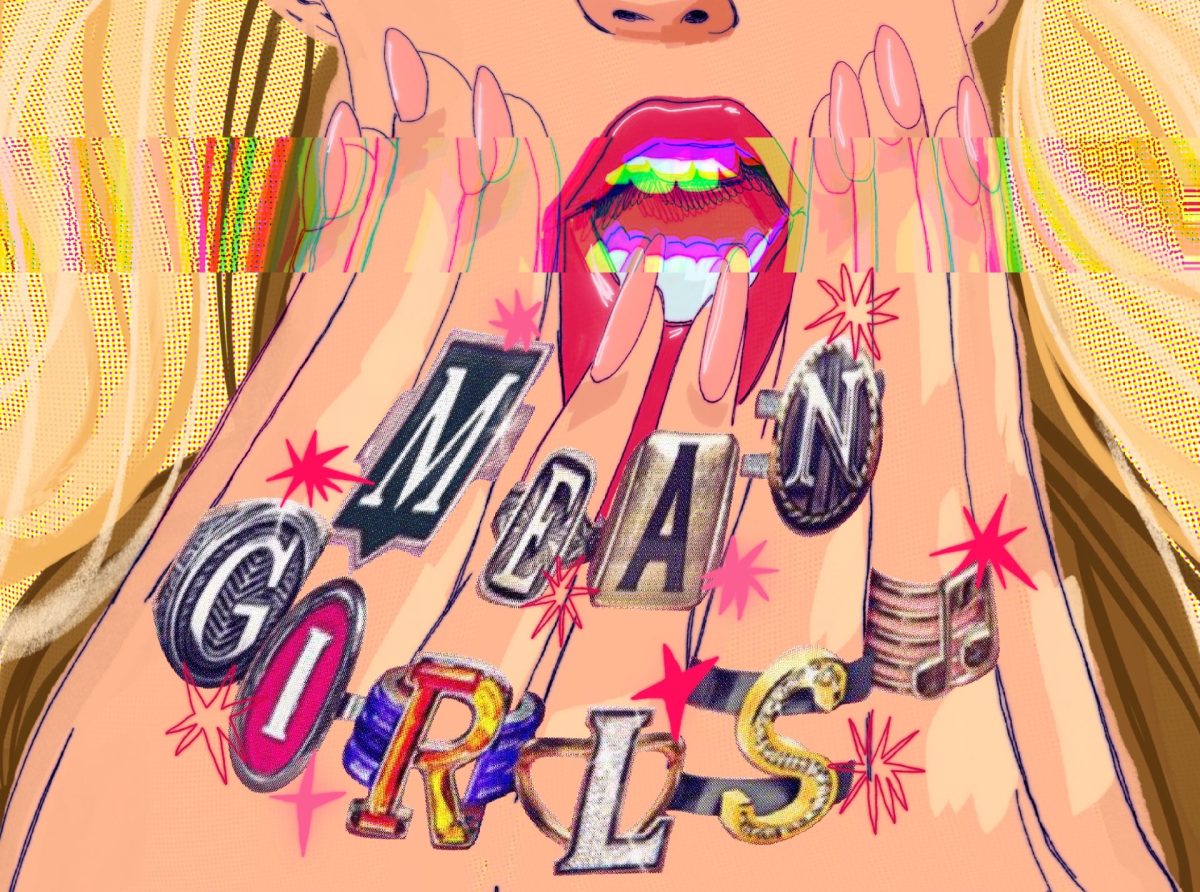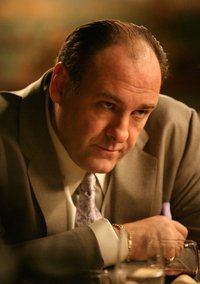
Before Superman, there was Hercules. Before Omar Little, there was Robin Hood. From Greek mythology to comic books, from English folklore to modern day television, stories and tales of heroism have been engraved in our pop culture since the beginning of time.
The evolution of the protagonist is an interesting one. It’s a role that has shifted dramatically throughout time from medium to medium.
How we perceive a modern day superhero depends on a number of factors. It’s not only affected by medium and genre, but also controlled by events occurring in the world. In recent years, television has found itself in an age of antihero-driven shows, while the cinema has been stuck in a golden era of superheroes. This distinct difference in the popular portrayal of heroes in both TV and film, has slowly found itself intertwining as time has progressed.
One thing is clear. Through every tale, from every culture, an element remains ceaseless upon storytelling: the prominent feature of the protagonist.
“Every story needs a hero. Whether you personally consider them heroic isn’t the point, the audience needs a character to root for while watching the movie or show,” Nathan DeWitt, a screenwriting professor for DePaul’s College of Computing and Digital Media who’s worked in both film and TV, said. “The common hero embraces the challenge and danger of the situation. Yet, today, we find ourselves with more flawed-like antiheroes, one’s who have created the danger and are reluctant to acknowledge it.”
Iconic characters such as drug-dealing Walter White, stereotypical mobster Tony Soprano and sleazy politician Frank Underwood are just some of the antiheroes who have dominated our TVs in this new millennium. But why has this shift in television happened? This fast dynamic flow of antihero-based television dramas is primarily the result of the environment we live in today.
“We live in an era where everyone’s dirty laundry can be found,” DeWitt said.
“Anyone’s and everyone’s email can be hacked. Our secrets could be stolen, and that scares us.
“However extreme the situation is television is still a reflection of us in today’s society. It’s these awful, yet interesting characters who make us feel better about our own reality.”
Apply this dynamic in today’s world, and you have a dangerous environment for the skeletons in your own closets. The recent hackings of Sony Pictures, or even the daily updated WikiLeaks can illustrate overnight how the perception of one person can go from being a publicly adored figure to something like Frankenstein’s monster.
But not all heroes share these drastic immoral characteristics. They are rather bounded drastically by the extremeness of themselves. From flying through space and time to super strengthened suits, the superhero idol has lately become a popular escape.
Jef Burnham, a CDM and communications instructor at DePaul, said these heroes have acted as such for centuries.
“We’ve always been fascinated by these super human figures,” Burnham said, who this quarter teaches a DePaul course on Marvel superheroes, said. “If you look at mythologists like Joseph Campbell and his work, you see that his pattern of the ‘hero’s journey’ is one we’ve seen a thousand times. These old mythic poems were popular because characters were doing things no human could ever imagine. Superheroes have essentially become modern day Greek mythology. They’re an escape.”
There’s no question superhero films have become the mainstream of summer cinema, with two of the top three grossing films of 2014 being Marvel superhero films. But lately it seems as if the portrayal of these flawless superhuman beings has evolved to a more humanistic level.
“We’re seeing a change in superheroes in cinema, these characters are much more flawed, they have personal issues,” Burnham said. “It makes them more relatable to us. We’re at a time where there’s more popularity in antiheroes like Wolverine or even Iron Man. Plenty of these guys aren’t trying to be heroic; they just end up that way.”


